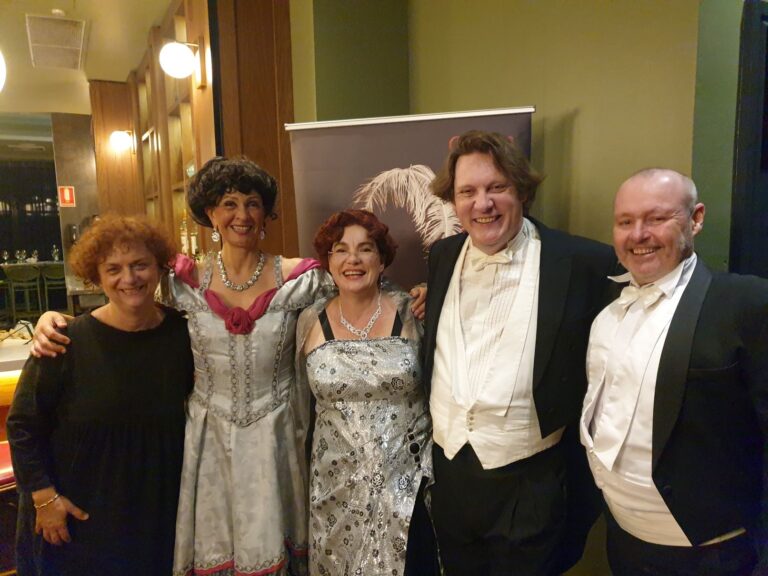
Sorry (no longer) seems to be the hardest word
BY DHEEPTHI NAMASIVAYAM
Under the Howard government, ‘Sorry’ was not just a politically loaded word, it was taboo. But when Prime Minister Rudd said ‘Sorry’ in Federal Parliament on February 13 this year, he instigated a much-needed healing process between Indigenous and non-Indigenous communities in Australia.
And to kick off Reconciliation Week, Aden Ridgeway, NSW Ambassador for Reconciliation and chairman of Indigenous Tourism Australia launched the NSW Reconciliation Council’s (NSWRC) Supporters program at a public forum in Surry Hills last week.
Moving past the symbolism of saying ‘Sorry’ is a focal part of Aboriginal reconciliation. ‘I think the apology should be looked at in a warm and welcoming way,’ Mr Ridgeway told The City News. ‘But this is not the end of the road, it is the beginning.’
The Supporters program invites the public to help the Council’s 60 local groups in implementing reconciliation projects at grassroots level. They also hope to raise $100,000 in the next 12 months to finance these initiatives.
‘[These] local activities might [consist of] having a local sausage sizzle where members of Indigenous and non-Indigenous communities come together,’ Mr Ridgeway said. ‘In the past there’s also been a Youth Parliament formed to talk about Indigenous issues and other community groups have created reconciliation gardens with native plants.’
While the Federal Government must address issues afflicting Indigenous communities, the Council has a different purpose. ‘The Council is about what local communities can do,’ Mr Ridgeway said. ‘Reconciliation is the peoples’ movement.’
David Crew, a member of the Council lives in the Riverina-Murray region and is married to a Muthi Muthi woman. Increasing life expectancy amongst Indigenous communities is a key issue for him. ‘Personally my wife has several illnesses and statistically she has a lower life expectancy than a non-Aboriginal person,” Mr Crew said. ‘So health is a personal issue for us.’
The media’s oversimplification of Indigenous issues must also be addressed, according to Mr Ridgeway.
‘People are talking about sexual abuse, drug abuse and alcohol ‘ these problems are [serious] within any community, not just Indigenous communities.
‘If the media is promoting stereotypes and negativity in Indigenous communities, how can be expected to construct and a real and meaningful sense of identity” he said at the Surry Hills launch.
But for the first time in the Council’s seven-year history, there is a shining light. ‘The [Rudd] government has created a climate of positive and forward thinking [regarding reconciliation],’ Mr Ridgeway said. ‘Now, we need to put our money where our mouth is.’
For a list of the local reconciliation groups and upcoming events, visit the NSWRC website, www.nswrecon.com
Aboriginal advisory panel seeks nominations
Sydney Lord Mayor Clover Moore late last month announced the formation of an Aboriginal and Torres Strait Islander Advisory Panel to assist the City of Sydney on key Indigenous issues. They are currently seeking nominations for the 14-member panel, which will comprise two Aboriginal elders, two Aboriginal young people, six Aboriginal community representatives, one councillor and three City officers.









